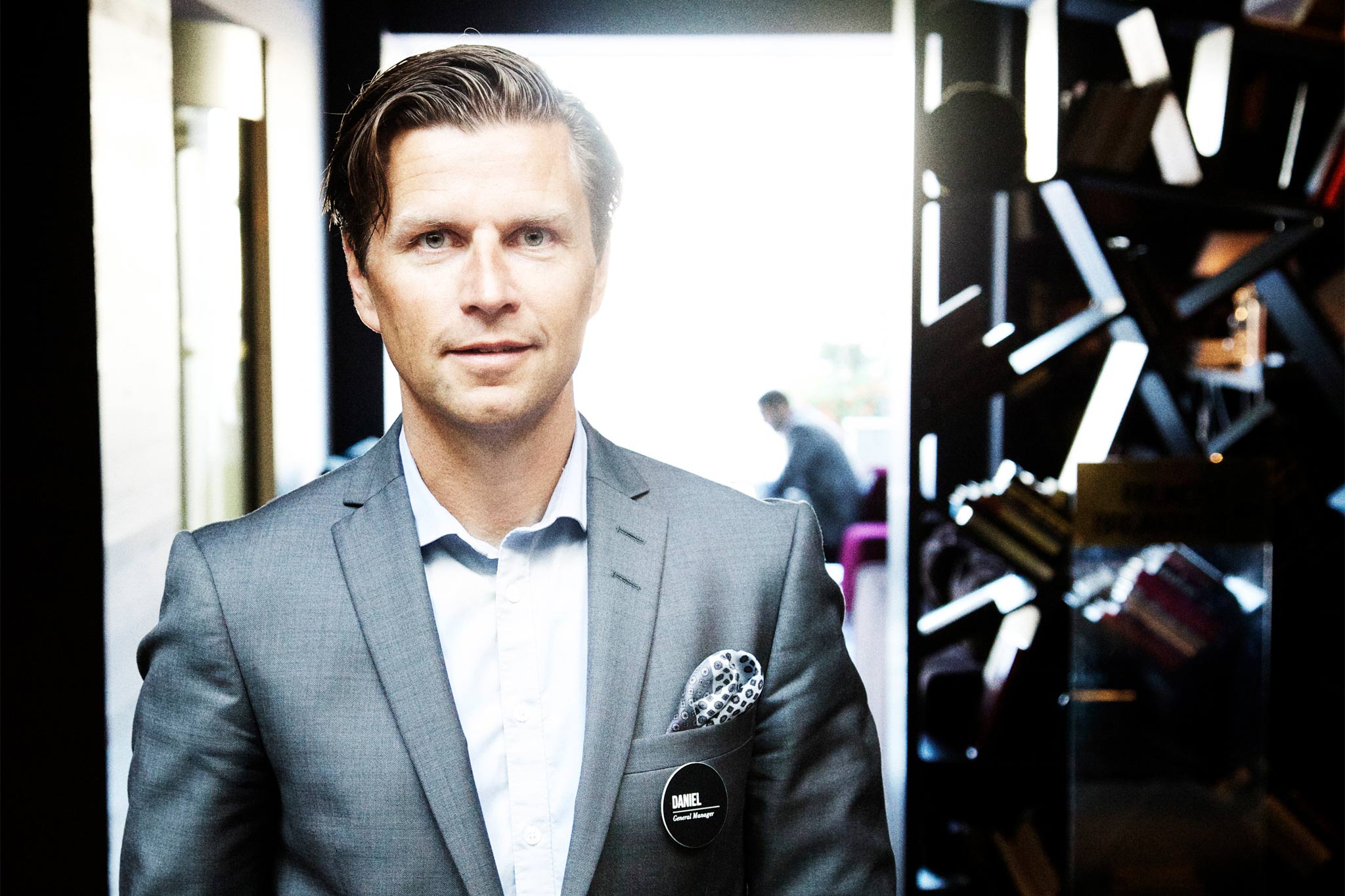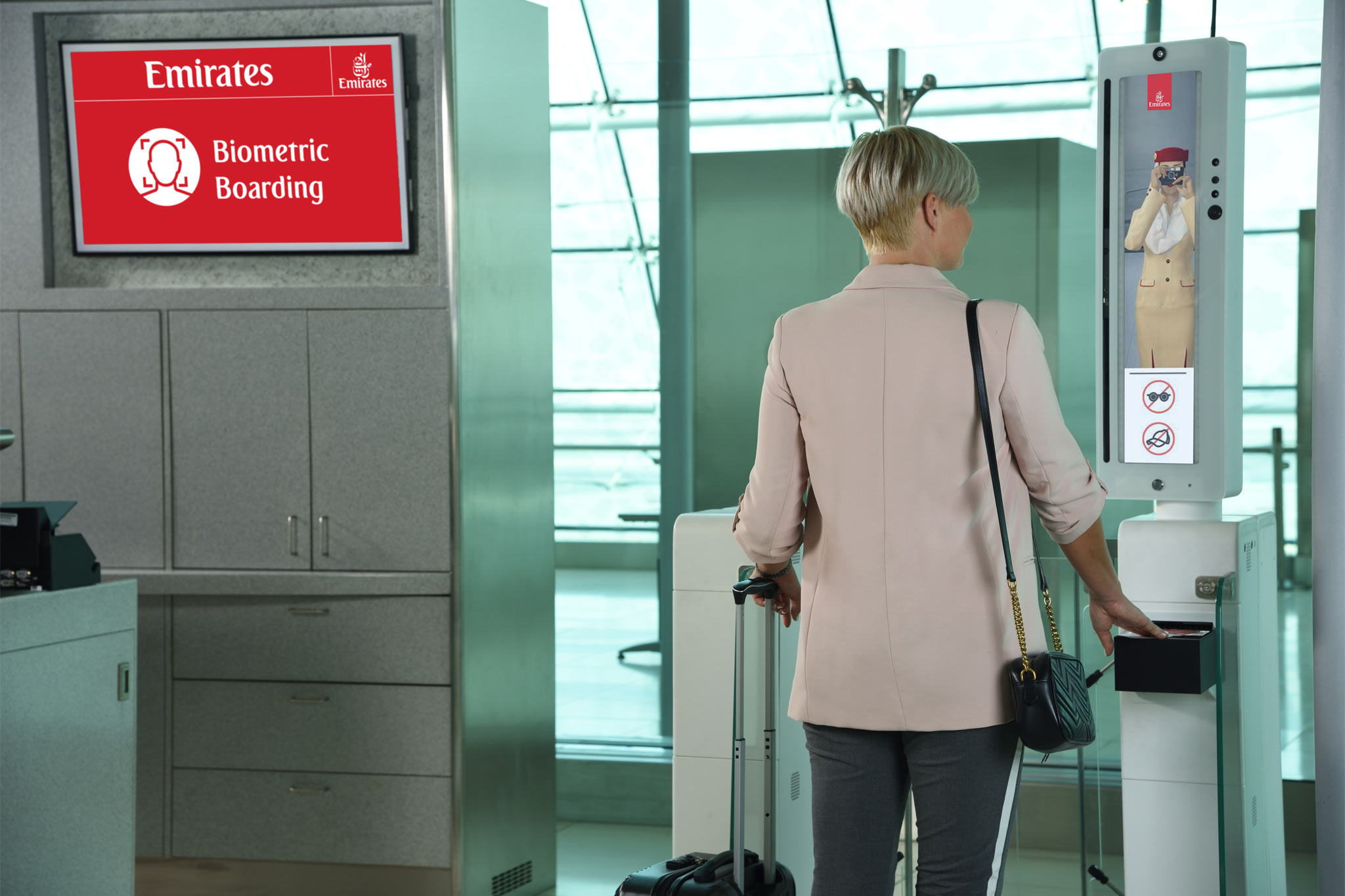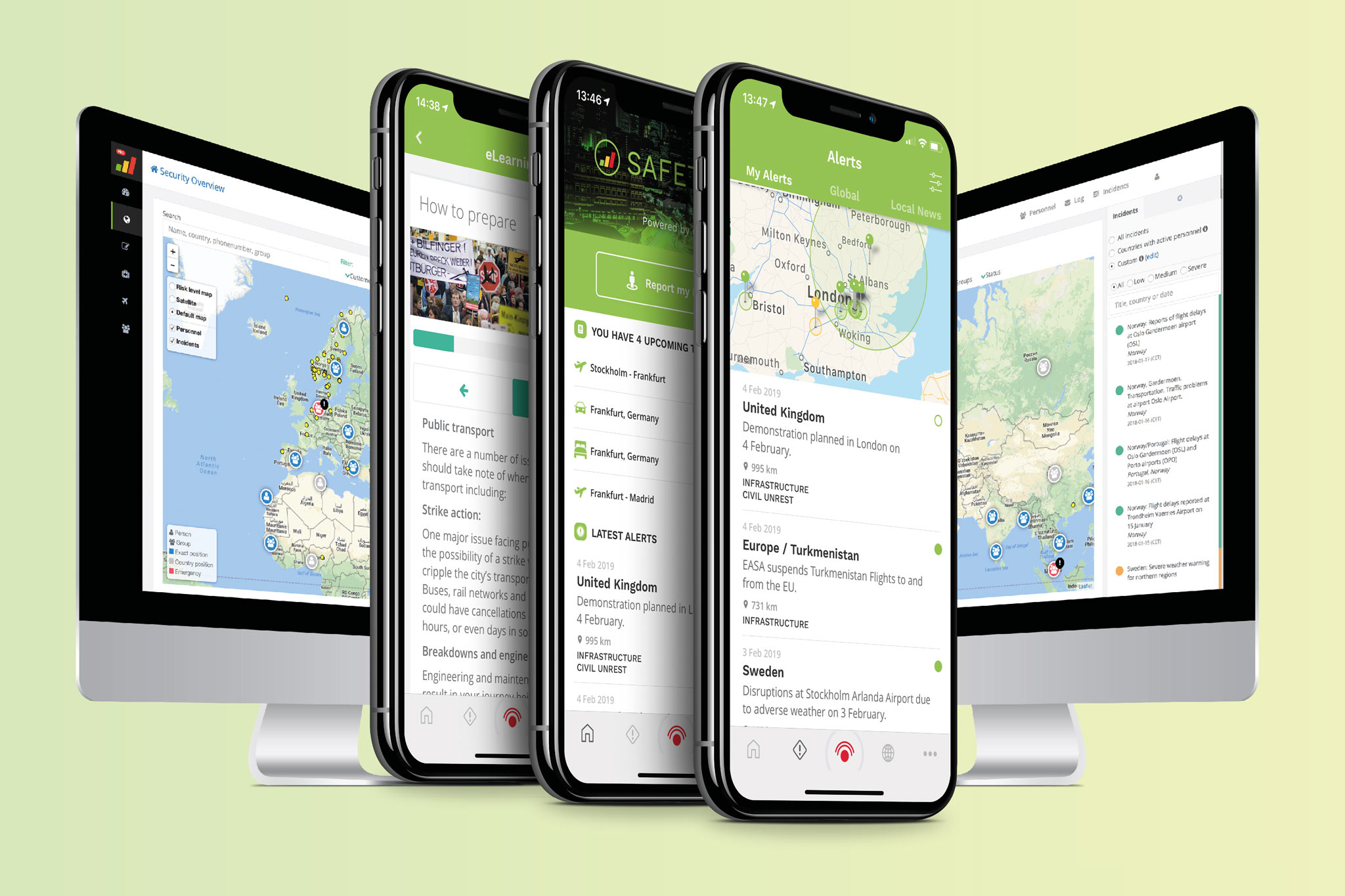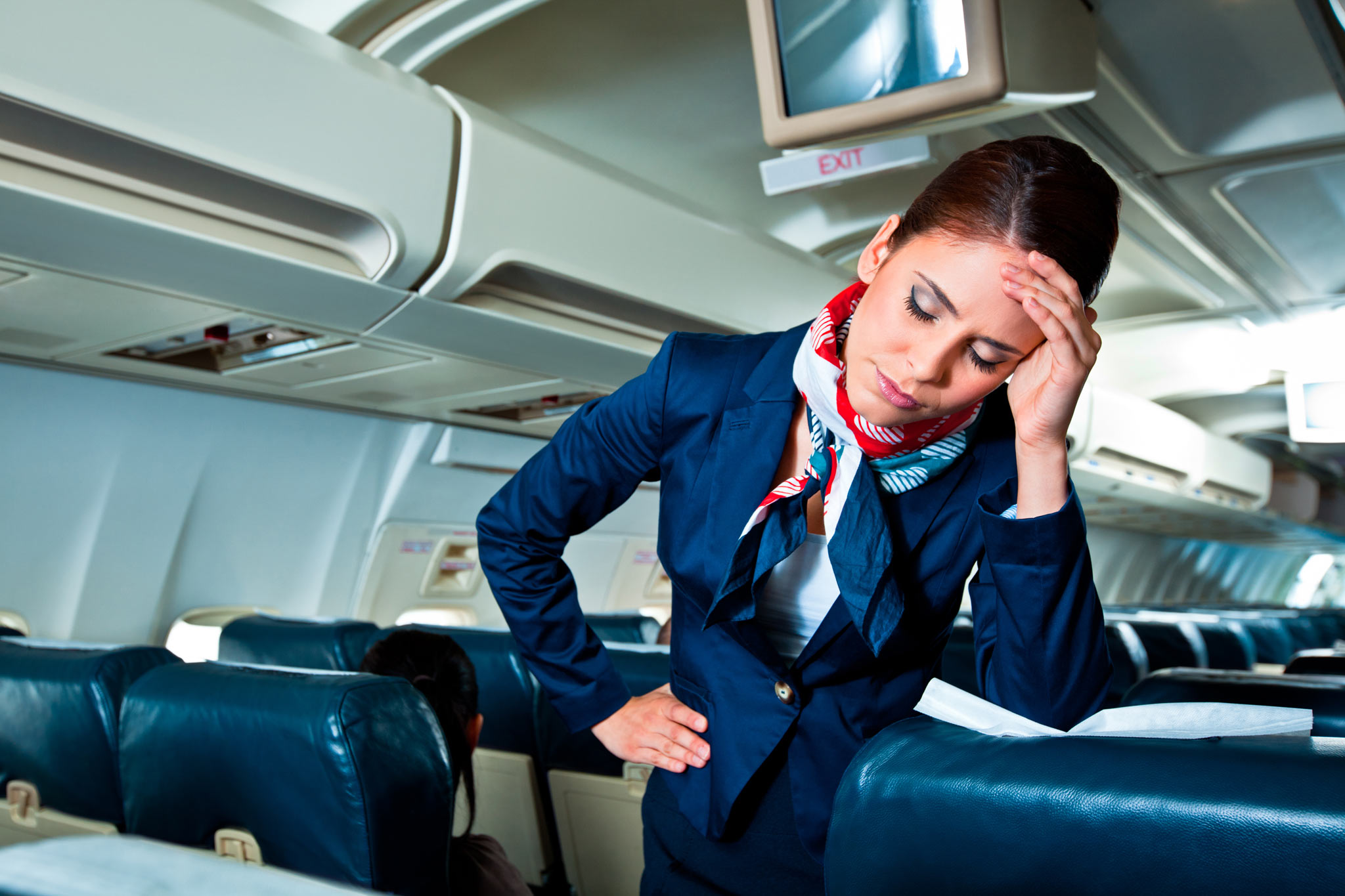Hotel Gothia Towers in Gothenburg was already Sweden’s largest hotel before it was decided to build a third tower and add a small inside hotel to one of the existing towers. With over 1,200 rooms, Gothia Towers is also one of Europe’s largest hotels. It was one of the first hotels to be certified by Safehotels. Daniel Stenbäck, CEO of the hotel, says Safehotels contacted them in late 2001 and presented an interesting concept.
“It was a natural step to be certified, as security was already a strategically important area at that time,” says Daniel Stenbäck. He points out that security issues are important for both corporate customers and hotel guests. But, the issues vary depending on who the customers and guests are.
“We have guests who choose us because of our excellent security work, but then there are guests who don’t attach any value to security whatsoever.”
Daniel Stenbäck considers that to be a competitive and attractive hotel, it is important to offer qualitative security solutions.
“Security issues are becoming more significant, both for us at the hotel and for our guests. We are seeing a clear increase. The limits are shifting all the time and we normalise events and behaviour today that just a few years ago were improbable or unacceptable. This means that the preparedness and flexibility to face them must be higher.
“It’s time to think more globally than locally when it concerns security, but it’s also important to have respect for the guests’ reality. Security exists to create assurance among the guests, therefore we need to understand which of the guest’s requirements must be fulfilled to make that person feel secure. Seen from that perspective, it’s generally time to raise the standard of security.”
What was previously seen as leading-edge thinking in security are today’s hygiene factors. Today’s greater demands mainly relate to special solutions to be included in a stay. As an example, Daniel Stenbäck says measures such as attendants, reception and cordoning off are expected as a part of the hotel’s service for people who require high security. In general, trends point to a need to protect our assets better and limit accessibility to some extent.
“It’s also a natural consequence of our geographical location. As a large city hotel, we are automatically in an exposed situation. There is a choice to be made between wanting to be a public meeting place or a more closed-off environment. We have chosen to be part of the public space with welcoming environments, which sets high demands on our employees to be alert and security-conscious. Technology is definitely our aid for the future, with the telephone, above all, as our most important tool for flexibility and security.”
“It’s time to think more globally than locally when it concerns security”
It goes without saying that personnel are on duty around the clock at a large hotel, but what about security work behind the scenes?
“We ensure that personnel are involved in security work. It‘s difficult to achieve success over time otherwise. We have an internal security department consisting of three people, but overall there are about 12 man-years devoted to working on security.”
Gothia Towers and Svenska Mässan have a joint crisis management organisation that is convened by calling an internal alarm number. The organisation has two levels. An assistance group gathers to assess the situation and can subsequently choose to convene the crisis management group via a call to SOS Alarm. Thereafter, the crisis management group has three pre-selected management sites where the command function can be set up.
The hotel has a well-established crisis management plan that is regularly practised through scenario exercises. This was done most recently in early September with exercise leaders.
As Gothia is an integrated hotel and a meeting place hosting many large and small events, it is of the greatest importance to have committed and knowledgeable employees. This means they have access to several courses, which are held every year. There is also a joint one-day introduction course, which is run twice a year for new employees. In addition, there are also several advanced training courses.
There are fire protection courses at three levels, depending on work role, and D-CPR (Cardio-Pulmonary Resuscitation with Defibrillator) training for employees in front-of-house positions.
“We also have courses on threats and violence as well as crisis response/crisis management. There are also courses in what we call general security, which offer the respective departments security training adapted for their specific areas of work.”
Daniel Stenbäck explains that regarding new employees, it’s very important to work closely with the HR department to create transparency and a systematic approach to recruitment processes, as it is the respective department manager’s responsibility to ensure the new employee has the required security expertise.
If complementary training is required, this is managed within the organisation, as the security manager can adapt the training according to existing needs. The aim is to be able to guarantee security in all its aspects within the existing frameworks.
“That’s of course with the provision that there will be more security technology with the hotel’s expansion. It requires an even more dynamic organisation, as with more guests, the hotel’s minimum manning level increases.”
Daniel Stenbäck concludes by saying that the best basis for creating a good culture for security is the possibility to work actively on security matters in everyday routines.
“We do this, as we often host people and events that require complex security solutions. It’s through these that we continuously develop and challenge ourselves.”



